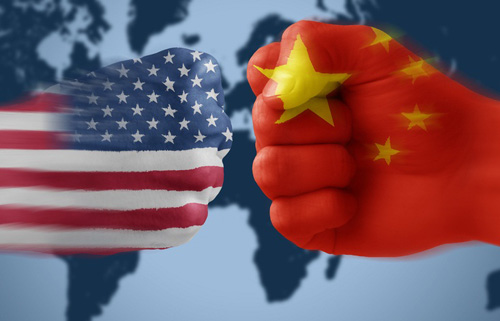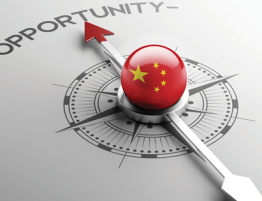
In November 2014, 22 member countries of the Asia-Pacific Economic Cooperation (APEC) approved the creation of the Asian Infrastructure Investment Bank (AIIB), with an initial capital of $ 50 billion provided mainly by China and India.
According to the Chinese and Indian representatives the new bank will grant credit based on criteria of “justice, fairness and transparency”. International commentators have interpreted this statement as a provocation towards the US, the main supporter of the other bank operating in the same market, namely the Asian Development Bank which was established in 1966 under the tutelage of the World Bank and is considered by many as subjected to US policies. To confirm this, suffice it to say that only 4 APEC country members have voted against the establishment of the new Bank: USA, Japan, Australia and South Korea.
The AIIB will be the decisive instrument for the development of trade between Europe and Asia, with special reference to the “new silk roads“.
Indeed, in 2012 a massive project was presented by Beijing with the slogan “The new silk road. One way one dream” for the creation and the development of commercial infrastructures connecting Asia to Europe, including the modern reinterpretation of the silk roads.
The inland rail route will start from China and will touch Iran, Iraq, Syria and Turkey and then dive into continental Europe, while the maritime route will touch Malaysia, India, Sri Lanka and Kenya and then cross the Red Sea and reach Europe via Athens and Venice, where it will rejoin the inland route.
The first goods (about a thousand tons) that have traveled the land route of the new silk road, left on 18 November 2014 from Yiwu, 300 kilometers south of Shanghai, and arrived in Madrid on the following 9 December, twenty-one days later.
It is estimated that, in a not too distant future, thanks to these -mostly Chinese- investments and projects, only two days will be necessary to cover the same route (Yiwu – Madrid) and the new maritime route of the silk road will be operational by 2025.
The operations undertaken by Beijing will certainly bring advantages to the European economic operators. The latter will -in the short term- be able and compelled to try to participate in the race to cooperate in the creation of the so-called “Chinese Dream“. Moreover, in the long run, they will enjoy the benefits of the reduction in the costs of the transport of goods that an increasingly rich Asia will continue to demand with growing interest, provided that the European producers maintain high quality standards for their products.
(Bologna Office – Graziano Marangi – 0039(0)512750020)









